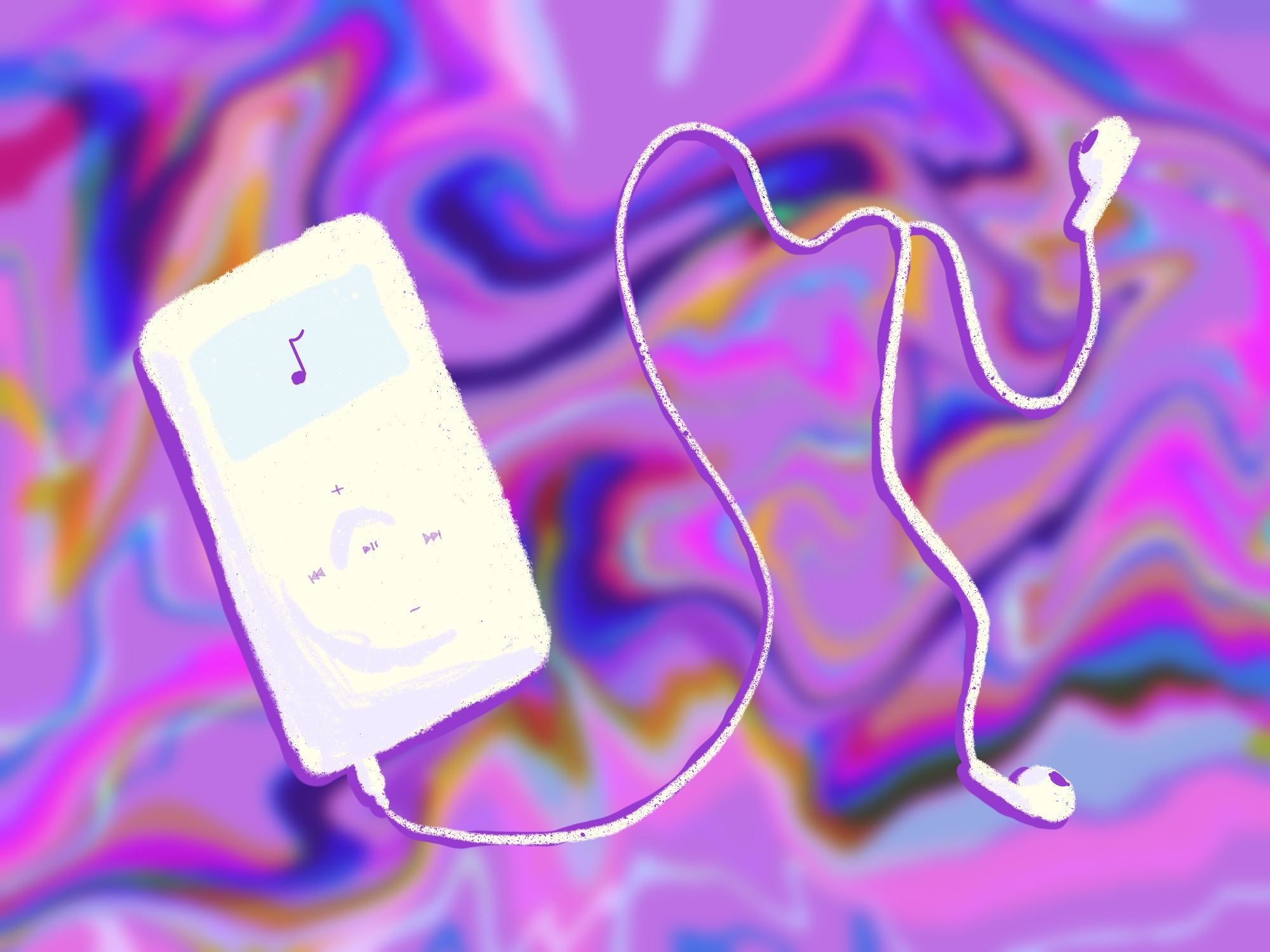In a summer of music dominated by a lime green album cover, tiny black coffees and Drake diss tracks, other great tunes have fallen to the wayside. So, I thought I should give a platform to some of the underappreciated songs that characterized my summer.

The progenitor of “‘brat’ summer,” Charli XCX, proclaimed in her song “360” that “You gon’ jump if A. G. made it.” But her longtime friend and producer A.G. Cook’s album, “Britpop,” had a fairly quiet summer.
Although the three-part record did not receive as much attention as “brat,” I found it to have some particular standouts — my personal favorite being the second track of the final disc, “Lucifer.”
The song’s production and beat are reminiscent of Charli XCX’s “360” — hardly a surprise considering Cook produced both — yet “Lucifer” has a certain darkness and introspection that makes it especially captivating.
But the similarities don’t stop there. Upon starting the track, you might be surprised to hear two familiar voices: Charli XCX and influencer-turned-popstar Addison Rae. While they aren’t listed as features, the song credits state plain as day that the pair sing the verses and choruses, respectively.
So, if you’re looking for a more down-tempo song that still scratches the quirky, electronic itch that “brat” might have satiated, I highly recommend “Lucifer.”
Shifting genres towards pop-rap, RAYE’s EP “Genesis.” is a beautiful seven-minute epic that transitions seamlessly between each of its three suites.
The artist starts with a partially spoken word segment describing her struggles with validation, sobriety and self-isolation. It’s an incredibly poignant introduction to the song’s main throughline: light as a form of healing.
Upon her backing vocals’ final proclamation to “please, let there be light,” the song transitions into its second phase: hip-hop. Touching on similar themes as phase one, RAYE goes into poetic detail about her difficulty asking for help and how alcohol and victimhood have controlled her life.
Despite its bleak message, “Genesis.” utilizes RAYE’s strong vocals and gospel choir background singers to create an unexpectedly powerful feeling.
When the choir shouts out again, now demanding instead of begging to “let there be light,” the song shifts into its final phase and transitions genres once again into a swing track.
The song’s final section marks its biggest shift, and RAYE does a masterful job of composing the previous sections to prime listeners for this endpoint. Thanks to the various gospel motifs and ways in which she weaves the transitions together, the song feel like a river floating you around its bends.
The final part turns the focus from RAYE’s personal issues towards the struggles of all those who have to shoulder society’s burdens: “those overworked and underpaid.” The sudden shift from personal to societal struggles was a welcome surprise. RAYE’s struggles were compelling and invited sympathy on their own, but calling attention to the hardships of others shows a level of maturity and compassion that other musicians often miss.
The song invites a lot of analysis and is sonically my favorite of RAYE’s endeavors. If you’re interested in listening to it but are unsure about the seven-minute time commitment, you can find the song’s individual sections under her EP “Genesis.”
The next song I want to spotlight is from Magdalena Bay, a group that has been getting some attention online for their quirky and bubbly new album, “Imaginal Disk.”
Having loved their 2021 album “Mercurial World,” I knew I had to closely follow their new singles. I was happily met with three standout synth-pop tracks, all of which were in fierce contention to be included on this list. However, one stood out to me more than the others: “Tunnel Vision.”
Like “Genesis.,” this is a longer track — clocking in at around five minutes — each second of the song perfectly sets up the atmosphere and progression of its instrumentals.
Starting off slowly with a glitchy, lullaby-like quality, the group’s lead vocalist, Mica Tenenbaum, gradually builds to the first of the piece’s many crescendos. The beat then scales back to make room for the drums that are soon to enter.
The next key section comes at the end of the second verse, where another crescendo re-contextualises the chorus. However, this time, we get the beat in its full glory. While Tenenbaum sings about rediscovering her inner wellspring of strength, the song soars to beautifully light synth runs. This feeling of weightlessness is compounded by Tenenbaum’s airy vocals, combining to make you feel as though you’re bounding through a meadow.
Although the outro makes up almost two full minutes of the song’s runtime, it couldn’t be more deserved. The beginning lulls you to sleep before lifting you through the clouds, but the outro wakes you up with its distorted guitar riffs and beating drums. They build up more and more until dropping out, as if you’ve been abruptly awoken from a dream.
Much in the same way I feel re-awakened by the ending of “Tunnel Vision,” we too must wake back up for the fall semester and say goodbye to this— dare I say — bratty summer.


















































































































